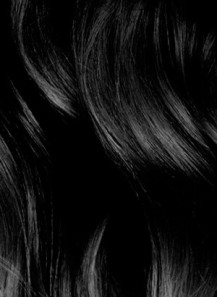acts as a melanin precursor, helping to create natural-looking tones in hair. It participates in oxidative reactions to produce color, which resembles natural melanin, resulting in deeper and longer-lasting shades
5,6-Dihydroxyindoline hydrobromide (Dihydroxyindoline)
is commonly used in hair dyes, especially in oxidative dye formulations. Here’s how it works in that context:
-
Melanin Mimetic Properties: This compound acts as a melanin precursor, helping to create natural-looking tones in hair. It participates in oxidative reactions to produce color, which resembles natural melanin, resulting in deeper and longer-lasting shades.
-
Color Depth and Stability: When used with oxidizing agents like hydrogen peroxide, it polymerizes to form colored compounds that bind well to hair strands, offering durability. This makes it useful for producing darker, richer shades and contributes to color stability over time.
-
Reduced Damage Compared to Other Dye Precursors: Compared to harsher chemicals, 5,6-Dihydroxyindoline hydrobromide may produce less hair shaft damage while still achieving effective color deposition. This property makes it appealing in formulations for permanent and semi-permanent hair dyes.
-
Less Irritation Potential: While all hair dye precursors carry some risk of irritation, this compound tends to have a lower irritation profile than some traditional dye intermediates (e.g., PPD or PTD). However, patch tests are still recommended, as with all hair dye ingredients.
Usage: For hair color products
Mixing method: Mix in water or in a formula detergent. Can withstand heat
Rate of use: 0.1-1.0% (FDA allows upto 1% for hair dye)
Product characteristics: yellowish brown solid
Solubility: Can be dissolved in water
Storage: Can be stored at room temperature Covered from sunlight, heat, the product is at least 2 years old.
INCI Name : Dihydroxyindoline



